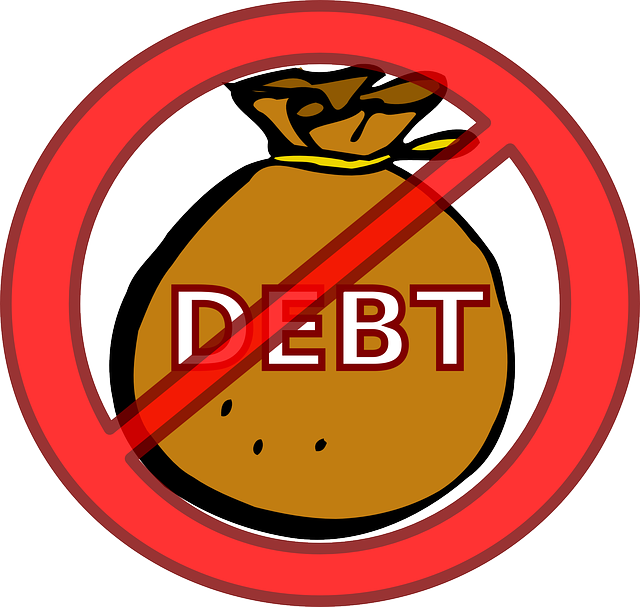Debt consolidation loans in the UK help manage multiple high-interest debts by combining them into one payment. Two main types are secured and unsecured, with significant differences in interest rates and risk. Unsecured loans offer low rates for good credit but no collateral, while secured loans have lower rates due to asset backing but carry asset forfeiture risk if repayments fail. The best choice depends on individual financial situations, aiming for low-interest debt consolidation.
“In the UK, managing debt can feel like a complex maze. However, one clear path forward is debt consolidation loans—a strategic approach to merging multiple debts into a single, more manageable repayment. This comprehensive guide delves into the world of low-interest debt consolidation loans, exploring both secured and unsecured options. By understanding these distinct loan types, borrowers can unlock competitive rates and take control of their financial future. Whether securing a loan or keeping it unsecured, this article promises insights for every UK resident seeking smarter debt management.”
- Understanding Debt Consolidation Loans: A Comprehensive Guide
- Unlocking Low-Interest Rates: Secured vs Unsecured Options Explained
Understanding Debt Consolidation Loans: A Comprehensive Guide
Debt consolidation loans are a popular financial tool designed to help individuals manage and reduce their debt burden. This type of loan allows borrowers to combine multiple high-interest debts into one single, more manageable payment. By doing so, it simplifies repayment processes and can lead to significant savings on interest charges. A key advantage lies in the potential for low-interest rates, making it an attractive option for those looking to reduce their overall debt cost.
When considering debt consolidation loans in the UK, borrowers often encounter two main types: secured and unsecured. Secured loans require collateral, typically a property or asset, while unsecured loans do not. For those with strong credit histories, low-interest rates can be achieved through unsecured debt consolidation. Alternatively, secured loans may offer lower interest rates for individuals with less-than-perfect credit but come with the risk of losing the asset used as security if repayments are missed. Understanding these options is crucial in making an informed decision about which loan type best suits individual financial circumstances and goals, especially when aiming for low-interest debt consolidation loans.
Unlocking Low-Interest Rates: Secured vs Unsecured Options Explained
When considering debt consolidation loans in the UK, understanding the difference between secured and unsecured options is key to unlocking low-interest rates. Secured loans are backed by an asset, typically your home, which acts as collateral for the lender. This often results in lower interest rates since the risk to the lender is reduced. In contrast, unsecured loans don’t require collateral but come with higher interest rates due to the increased risk of default.
Unsecured debt consolidation loans can be a great option if you lack assets to secure a loan or prefer not to put up collateral. On the other hand, secured loans might offer more favourable terms for borrowers with substantial equity in their homes and are seeking lower monthly payments and overall interest spent over time, especially when consolidating high-interest debts.
Debt consolidation loans can offer a clear path to financial stability, with low-interest rates serving as a powerful incentive. Whether opting for secured or unsecured options, or a combination of both, understanding your unique financial situation is key. By choosing the right approach, you can consolidate debts, reduce monthly payments, and ultimately save money in interest costs. Thus, taking control of your finances becomes an achievable goal with low-interest debt consolidation loans in the UK.
